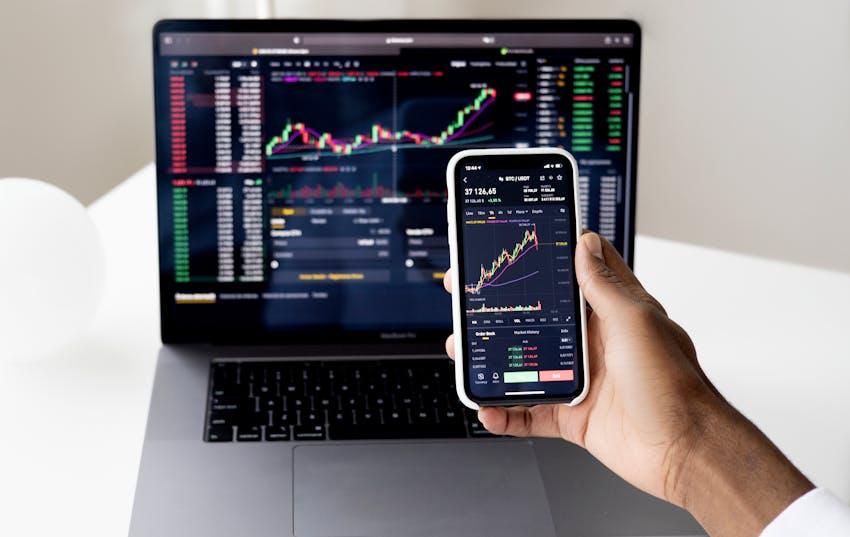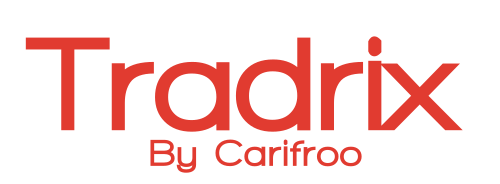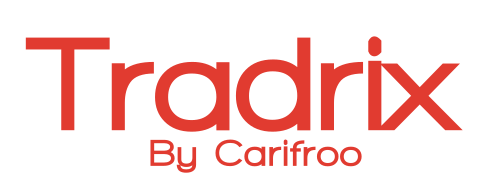Spot FX: A Game-Changer for Businesses Trading Overseas

In today’s interconnected world, businesses are increasingly trading across borders. With international trade comes the need to efficiently manage payments and navigate currency fluctuations. One method that’s gaining popularity in cross-border payments is spot foreign exchange (FX). But what exactly is spot FX, and how can it benefit businesses, especially those trading with overseas companies? In this post, we’ll break down how spot FX works and its advantages.
What is Spot FX?
A spot FX transaction is a foreign exchange transaction method where currencies are bought or sold at the current market rate, known as the spot rate. The settlement usually takes place within two business days. In contrast to forward FX contracts, which lock in an exchange rate for a future date.
For example, if a Nigerian company wants to pay a supplier in the UK, they can use spot FX to exchange Naira for British pounds at the current market rate. The transaction is completed quickly, making spot FX an attractive option for businesses needing to send payments across borders without long wait times.
Spot FX is also highly flexible. It enables businesses to react to current market conditions, taking advantage of favourable exchange rates and ensuring timely payments for goods or services.
How Spot FX Can Benefit Businesses Trading Overseas
1. Cost Efficiency
When businesses engage in international trade, one of the major concerns is currency conversion costs. Spot FX can help reduce this expense by offering competitive exchange rates. Because spot FX transactions are based on the current market rate, businesses can potentially save on the cost of currency conversions compared to other methods like wire transfers or using traditional banking services.
2. Speed & Flexibility
Unlike other forms of foreign exchange transactions, spot FX is typically settled quickly, usually within two business days. This makes it an ideal choice for businesses that need to make fast payments to international suppliers or partners. The ability to exchange currency on the spot also gives businesses flexibility, allowing them to make payments based on the most current exchange rates.
3. Risk Management
For businesses trading internationally, currency volatility can pose a significant risk. The value of a foreign currency can fluctuate dramatically, making it difficult to predict costs or revenues. Spot FX allows businesses to lock in exchange rates at the moment of the transaction, mitigating the risk of market volatility in the short term. This can be particularly important for businesses in emerging markets like Africa, where currency fluctuations are often more pronounced.
4. Ease of Access
Accessing spot FX is relatively easy. Most banks, as well as online FX platforms, offer businesses the ability to conduct spot transactions. This makes it accessible for small and medium-sized businesses (SMEs) who are looking for a straightforward and cost-effective way to handle international payments.
As businesses continue to expand globally, it’s essential to understand the various payment methods available to navigate the complexities of cross-border transactions. Spot FX provides an efficient, cost-effective, and flexible way to manage foreign currency exchanges. Whether you're a small business or a large corporation, understanding how spot FX works and how it can benefit your business is key to managing your international payments more effectively.
For businesses, especially those in regions like Africa where currency volatility is common, spot FX can be a crucial tool for reducing costs, improving cash flow, and managing risk in international trade. As NigerianTech Ltd.'s case shows, adopting spot FX can lead to smoother transactions and better financial control for businesses trading with overseas companies.
- News
- Funding
- Startups
- Finance
- Tender 360
- Insurance
- Banking
- Payments
- Trade
- Forex
- Sanctions
- Compliance
- Crypto
- Customs
- Policy & Data
- Regulations
- Export Guide
- Market Trends
- Other


